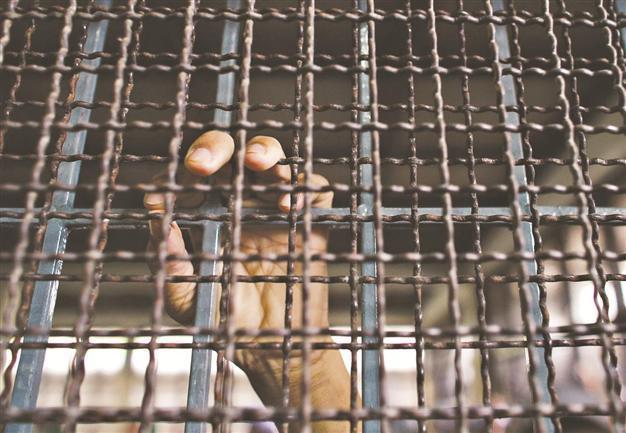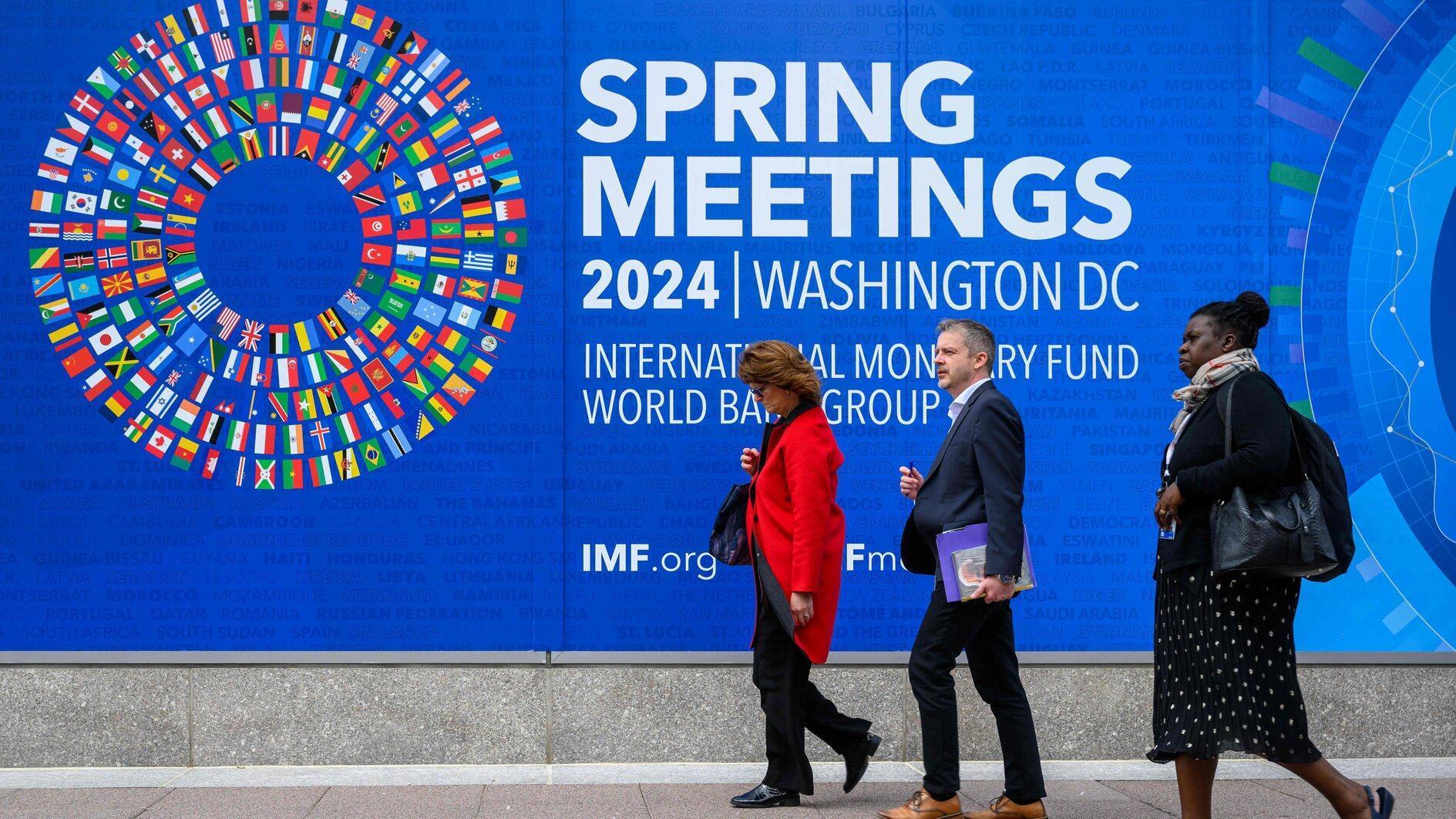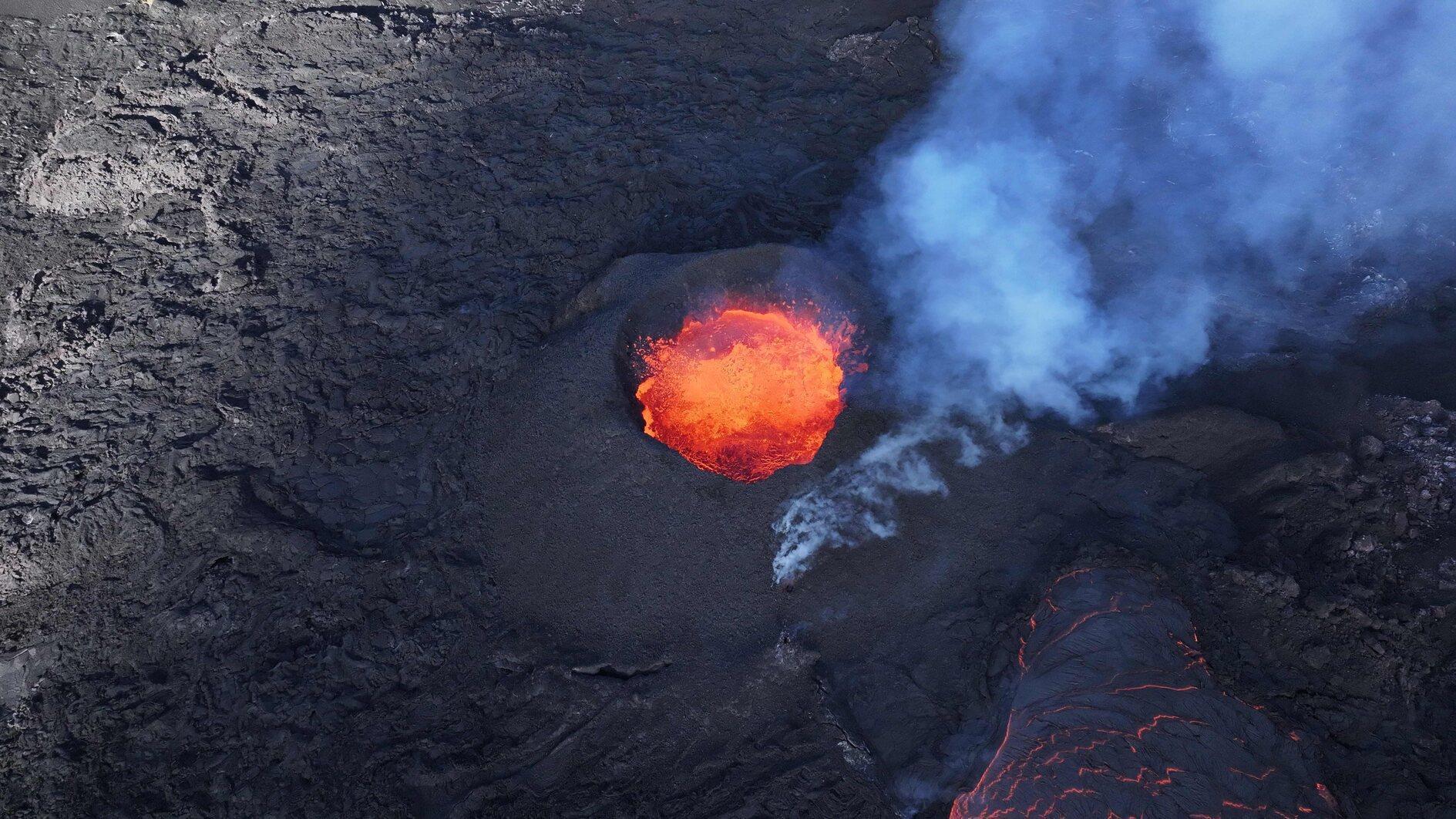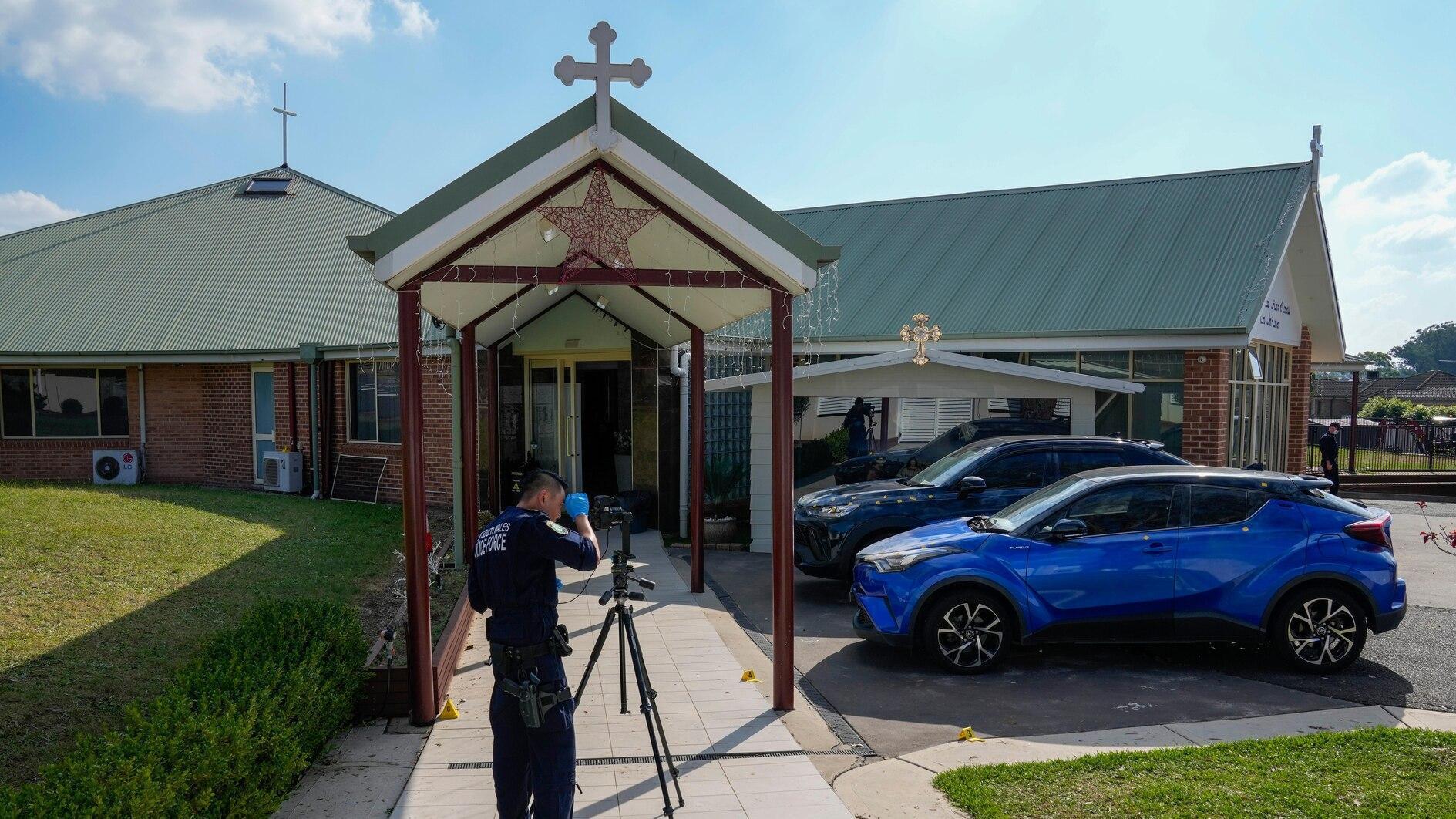Anti-Muslim riots haunt shattered Myanmar city as fear continues
MEIKTILA, Myanmar - Agence France-Presse

A Rohingya Muslim puts his hand on the railing inside the Immigration Detention Center during the Muslim holy fasting month of Ramadan in Kanchanaburi province. Buddhist-Muslim clashes first erupted in the western state of Rakhine last year, leaving about 200 people dead, mostly Muslim Rohingyas. REUTERS photo
The thugs ordered Kyaw not to look as they killed his classmates, but the terrified teenager still caught glimpses of the merciless beatings as a wave of anti-Muslim killing engulfed his school town in central Myanmar, leaving dozens dead.“They used steel chains, sticks and knives... there were hundreds of people. They beat anyone who tried to look at them,” the 16-year-old told Agence France-Presse.
Kyaw’s small madrassa (Islamic school) on the outskirts of Meiktila town was razed during sectarian bloodshed in March that triggered an outbreak of Buddhist-Muslim violence across the country. Officially 44 people were killed, although some fear the toll was much higher, and thousands were left homeless.
Kyaw, whose name Agence France-Presse changed to protect his identity, escaped serious injury, but his school friends, who he saw as “brothers,” were not so fortunate. “Five students from my class were killed,” he said, with a quiet precision belying his haunted expression.
March 20 began as usual for the students, who traded jokes as they gathered in the school’s mosque. But by afternoon the center of town was already seething after an argument in a gold shop and the brutal murder of a Buddhist monk.
As word spread that Muslim areas were being torched, the students took shelter in nearby undergrowth, hiding overnight as a mob descended and set the school alight. The next morning, security personnel evacuated local Muslims. Kyaw and his friends were marched through a hostile crowd which hit them with stones and sticks. A few students retaliated. Some strayed or were pulled out and set upon. Witnesses recounted seeing one pupil being decapitated and several being burned alive. Graphic video footage shows an embankment next to the school turned into a killing ground.
In one sequence, a man is chased out of the undergrowth by an armed mob. One man hits him so hard with a wooden pole that the weapon snaps in two before a robed monk joins the savage beating. Attacks against Muslims, who make up an estimated four percent of Myanmar’s population, have exposed deep fractures in the Buddhist-majority nation and cast a shadow over its emergence from army rule. Security forces have been accused of being slow to stop the killing. “Killers and robbers are criminals, (police) have duties to stop them or to arrest them,” said lawyer Thein Than Oo, a Buddhist who has acted on behalf of some Muslim men jailed in May for their part in the monk killing that sparked the Meiktila unrest.
“They said they have no order to interfere. So even the children were brutally killed at Meiktila,” he said. At least ten Muslims have been convicted of serious offences in relation to the unrest. Only one Buddhist is known to have been found guilty of murder over the violence.
Families afraid
Families of the Muslim victims are too afraid to pursue the police over the whereabouts of their loved ones, according to activists who say bodies of the victims were removed and burned by the authorities without being identified.
According to state media, 49 people are on trial for murder with scores more facing court for their roles in the unrest. “Both sides have been prosecuted,” government spokesman Ye Htut, without giving further comment.
But rights groups insist the official response has been grossly inadequate. Buddhist-Muslim clashes first erupted in the western state of Rakhine last year, leaving about 200 people dead, mostly minority Muslim Rohingya who are denied citizenship by Myanmar.
Some robed monks, revered in the country and who were at the forefront of past democracy campaigns, have taken part in the clashes. “If there are monks who incite such harm, arson or murder... I boldly say that they are wrong,” said Buddhist clergyman Sein Ni Ta, who was part of cross-faith relief efforts after what he termed a “systematic massacre” in Meiktila.
Kyaw, who is back with his family in another part of Myanmar, struggles to sleep and is receiving counseling after his ordeal. Little remains of his Meiktila school, just a few scorched books among the rubble.
















